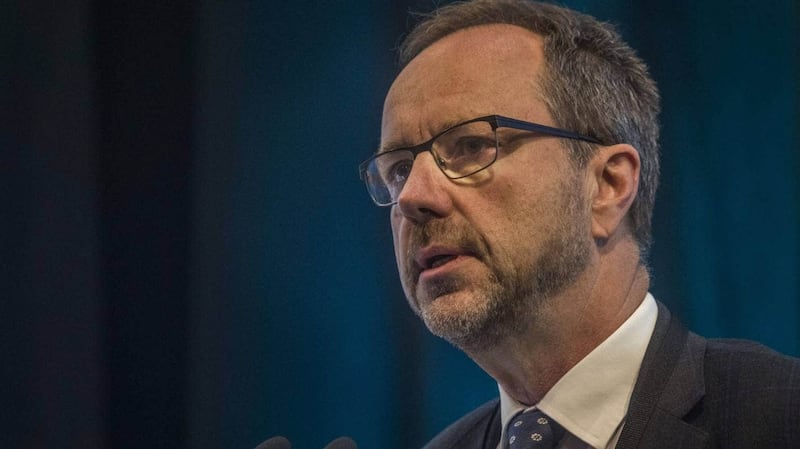Auditor-General John Ryan will finish his seven-year term at the end of June, ending a tenure defined by a sharp focus on public sector accountability and outcomes for Māori.
Appointed in 2018, Ryan oversaw the release of thousands of reports scrutinising government departments, Crown entities, and state-owned enterprises.
His office paid particular attention to how the Crown meets its obligations to Māori, the effectiveness of public service delivery, and, more recently, the nationwide school lunches programme.
Ryan says a lack of tikanga and reciprocity remains a key factor in the mistrust many Māori feel toward the public sector.
“Having a real relationship with the public sector and the people it serves. That means it’s about people rather than organisations and titles,” he said.
“It’s reciprocal, we share data, we trust you, you trust us, and we work together, so reciprocity is a really important part. Tikanga builds trust, even having a politeness about tikanga. Maybe you don’t understand all aspects of it, but it builds trust,” he added.
Role of the Auditor-General
The Auditor-General is appointed by the Governor-General and operates independently of the government.
The role is responsible for auditing public organisations and conducting inquiries to promote accountability and transparency in areas that matter to New Zealanders.
Despite his extensive audit work related to Māori issues, Ryan acknowledged that his understanding of these concerns remains incomplete.

“I didn’t think, and probably still are not. I don’t have enough understanding of Māori concerns with public sector delivery. I don’t have enough connection. But, I can see at a level what I think the office needed to do,” he said.
“Māori don’t need to change, I need to change to understand more. We’ve come a little bit of the way, from 1846 to now, we’ve probably got another 100 years, then we might get it right, I don’t know, but we’re working hard at it.”
Treaty Settlements and Accountability
In recent months, Ryan conducted audits into how public organisations are meeting their Treaty settlement obligations.
Findings indicate widespread concern over the lack of government accountability in ensuring that public agencies fulfil their responsibilities.
Recently an outcry from West Auckland iwi, Te Kawerau ā Maki, over the handling of a deed of acknowledgement that recognised their mana whenua status over the Waitākere Ranges. Many expressed frustration at the public sector’s continuous failure to uphold settlement terms.
“For the redress, they hadn’t understood the complexities of it. They hadn’t understood that needed to work together to implement quite a lot of the redress. And a lot of the redress wasn’t actually delivered on time,” Ryan said.
School Lunches Under Review
Ryan has also launched an inquiry into the government-led school lunches programme following widespread public concern.
While the audit is ongoing, he said the combination of significant funding, broad impact and public scrutiny prompted his involvement.

“I pick things like that because there is a lot of money involved, they affect a lot of people, it’s got high interest and there has been issues raised in the media and elsewhere that suggest things aren’t going as well as they should,” he said.



